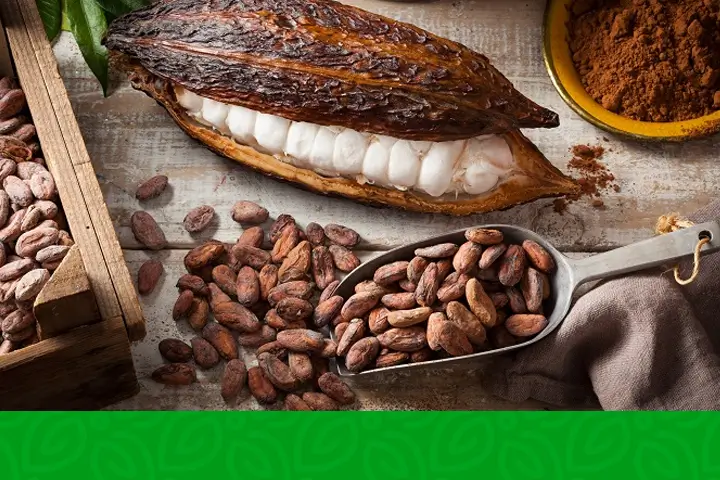
In the heart of Cameroon’s cocoa production landscape, the Southwest region has historically been a robust contributor to the nation’s cocoa output. However, the latest data from the National Cocoa Coffee Board (ONCC) paints a sobering picture, revealing a staggering 40% year-on-year decline in cocoa bean acquisitions during the 2022-23 season. This downturn has raised eyebrows and concerns in the industry, shedding light on the multifaceted challenges plaguing this vital cocoa-producing region.
Unveiling the Cocoa Conundrum
During the 2022-23 cocoa season, the Southwest region’s cocoa contribution dwindled to a mere 21.17% of the total volume acquired in Cameroon’s production basins. This stark contrast to previous years has left industry experts searching for answers. While the precise reasons behind this dramatic drop were not explicitly provided, the clues lie in the complex tapestry of factors affecting the region.
Insecurity: A Looming Threat
One of the primary culprits contributing to the decline in cocoa sales is the persistent insecurity gripping the Anglophone regions of Cameroon, including the Southwest. The crisis has disrupted the lives of countless residents and businesses, including traditional cocoa traders like Telcar Cocoa. Faced with escalating risks, these traders have been compelled to relocate some of their operations to safer havens.
A Shift in Leadership
The struggle to maintain its leadership in the cocoa industry has also emerged as a critical challenge for the Southwest region. During the 2021-22 season, Telcar Cocoa made a pivotal move by acquiring 100% of the assets of Ets Ndongo Essomba, a prominent trader in the Centre region. This strategic maneuver effectively transformed the Centre region into the country’s largest cocoa production basin, usurping the Southwest’s traditional dominance.
The Menace of Smuggling
Another formidable adversary facing the Southwest cocoa industry is the insidious issue of fraudulent exports to Nigeria. This smuggling phenomenon not only jeopardizes the integrity of Cameroon’s cocoa market but also siphons off a substantial portion of the region’s precious cocoa production. Shockingly, the 2022-23 season witnessed an alarming surge in this illicit trade, resulting in a staggering production loss estimated by ONCC at 40,000 tons.
A Decisive Response
To combat this menace and safeguard its cocoa industry, the Ministry of Trade took resolute action. One month before the conclusion of the 2022-23 campaign, all exports of cocoa beans to Nigeria were banned. Minister Mbarga Atangana, in a statement released on June 13, 2023, disclosed that the losses incurred were monumental. Exit duties, export royalties, and repatriation of foreign currency were all severely impacted, amounting to an estimated loss of CFA10 billion and CFA60 billion, respectively.
Navigating Towards a Resilient Future
As the Southwest region grapples with these formidable challenges, it remains steadfast in its determination to overcome adversity. The cocoa industry, a pillar of Cameroon’s economy, is too vital to be undermined. Stakeholders across the board, from farmers to traders and government officials, are working collectively to restore the region’s cocoa prowess.
In the face of insecurity and smuggling threats, the Southwest region is striving to reclaim its leadership in the cocoa industry. With innovative strategies, heightened security measures, and unwavering commitment, this historic cocoa-producing region is poised to emerge stronger and more resilient than ever before. As the cocoa season unfolds, all eyes are on the Southwest, eager to witness its triumphant resurgence in the cocoa world.
Stay updated with the latest farming tips and agriculture industry news from Africa by subscribing to our newsletter. Don’t miss out on valuable insights and updates. Follow us on Twitter, LinkedIn, and Facebook to join our farming community and stay connected with us.



















